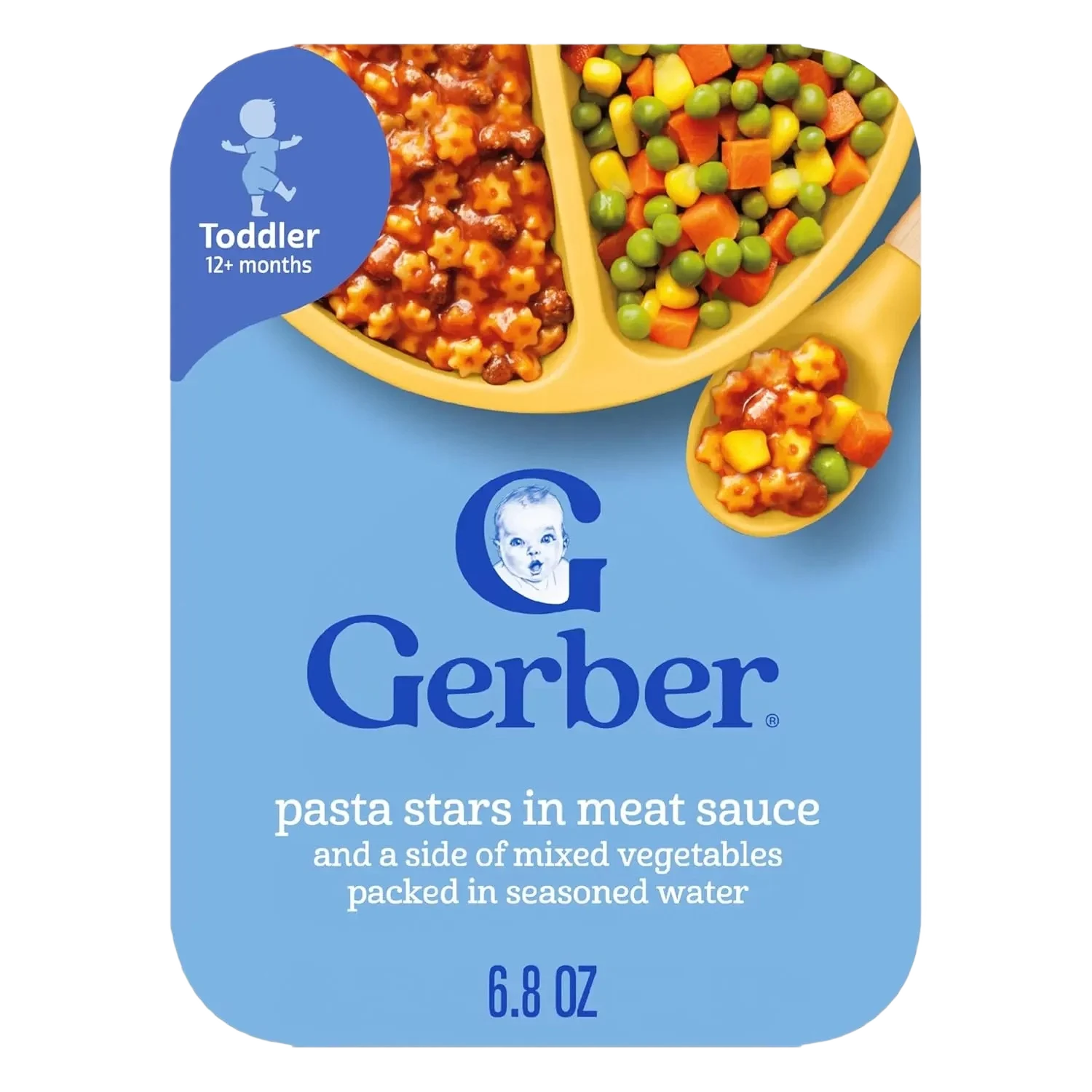pasta stars in meat sauce
baby food • For 1-2 year old toddlers • Consumable 🍝
Product Images
Product Photo

Tap to enlarge
Ingredient List

Tap to enlarge
Is this toddler-safe to eat pasta stars in meat sauce?
Check for Different Age (6 available)
Ingredients Analysis (35 found)


























Common Questions About pasta stars in meat sauce
Toddler-friendly? pasta stars in meat sauce
pasta stars in meat sauce is not recommended for 1-2 year old toddlers due to potentially harmful ingredients.
What ingredients should I watch out for?
We analyzed 35 ingredients in pasta stars in meat sauce. 3 caution. Check the detailed analysis above for specific concerns.
When can toddlers eating baby food?
The appropriate age depends on the specific ingredients. This analysis is for 1-2 year old toddlers. Use the age selector above to check other ages.
⚠️ Important Disclaimers
Product Recognition: Product names are identified programatically and may be incorrect. Always verify product identity yourself.
Safety Analysis: Evaluations are for research only - consult pediatricians for medical decisions. Do not rely solely on this analysis.
No Guarantees: Results may be incomplete or inaccurate. Do not rely solely on this analysis.